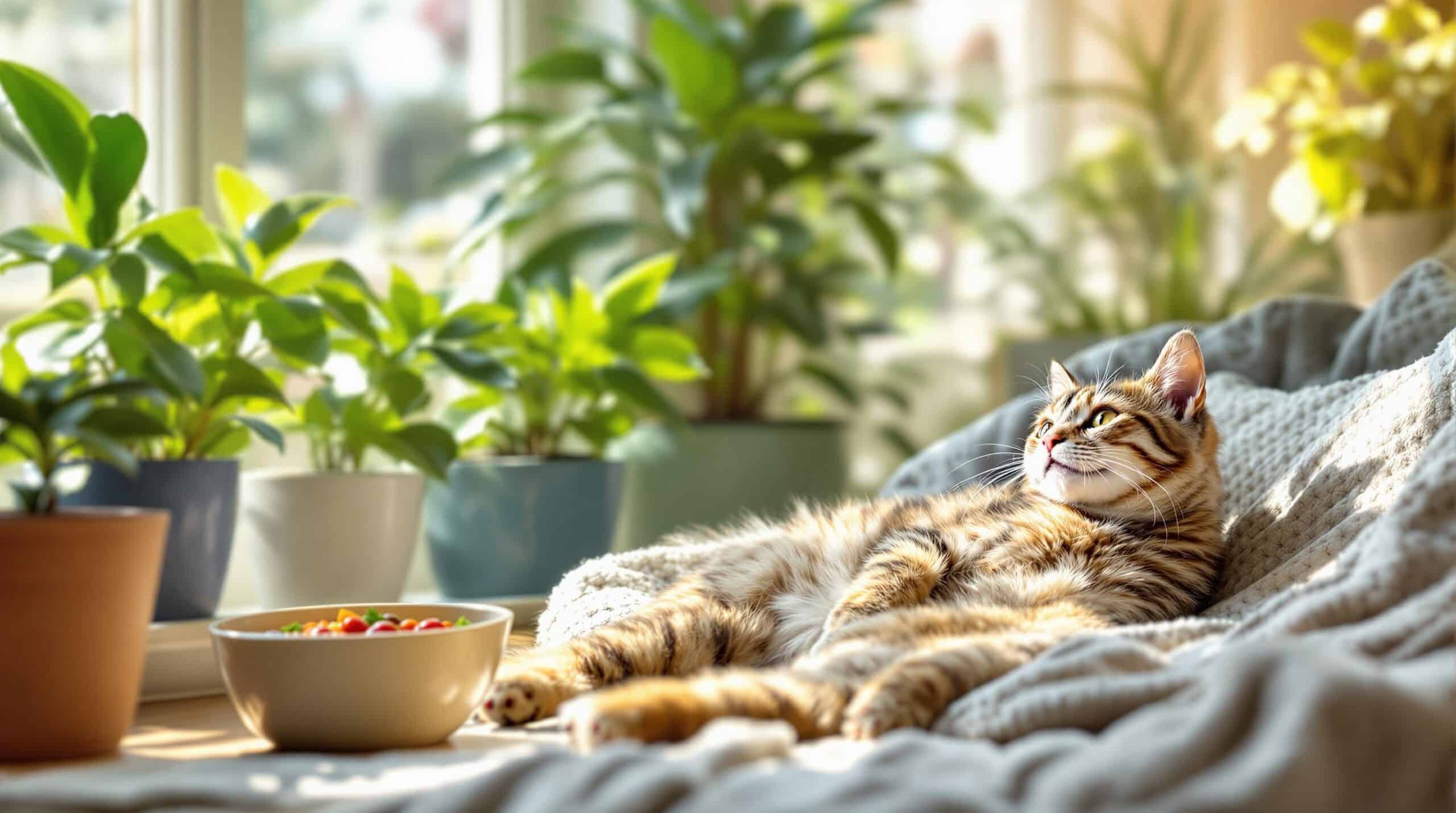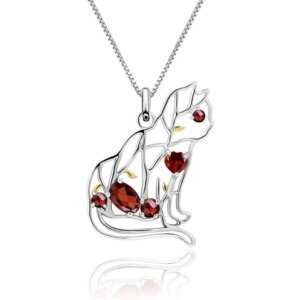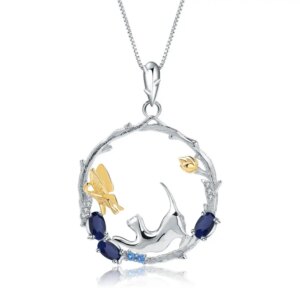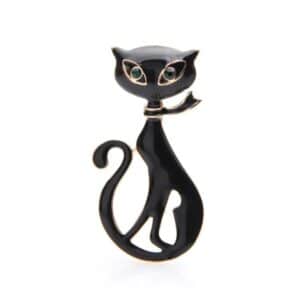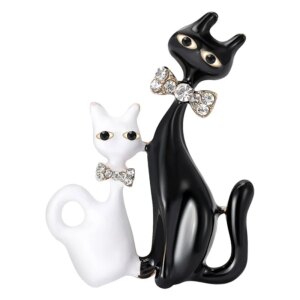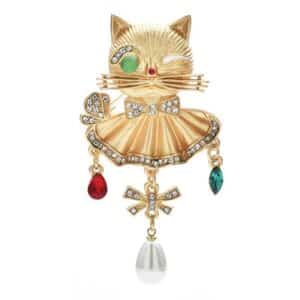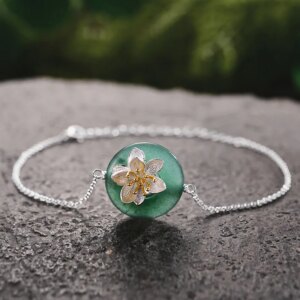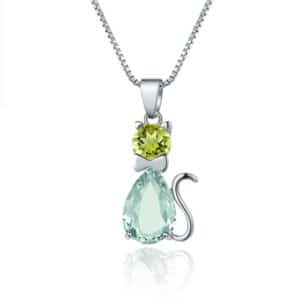Cats life expectancy is a crucial topic for any cat owner. Discover the key factors that influence a cat’s life expectancy and learn how to extend their lifespan. From indoor vs. outdoor living to diet and veterinary care, this article provides essential tips for cat owners to ensure their feline friends live long, healthy lives. By understanding the aging process and taking proactive steps, you can give your cat the best chance at a fulfilling and extended life.
Average Cats Life Expectancy
The average cats life expectancy can vary significantly depending on several factors, including environment, genetics, and care. Understanding these factors can help you ensure your cat lives a longer, healthier life.
Indoor Cats vs. Outdoor Cats
Indoor cats generally live longer than outdoor cats. Indoor cats have an average lifespan of 12-18 years, while outdoor cats typically live for only 4-5 years. The primary reasons for this difference are the increased risks outdoor cats face, such as accidents, parasites, and diseases. Indoor cats, on the other hand, enjoy a safe, controlled environment that minimizes these risks.
Indoor cats, however, are more prone to obesity and dental issues due to their less active lifestyle. Balancing activity levels and maintaining a healthy diet can help mitigate these risks. Indoor/Outdoor cats, which spend time in both environments, have an average lifespan of 8-12 years, reflecting a mix of the risks and benefits of each lifestyle.
Factors Affecting Cats Life Expectancy
Several factors influence a cat’s lifespan, including:
- Genetics: Different breeds have varying lifespans. For example, Siamese cats tend to live longer than Persian cats.
- Environment: Indoor cats generally live longer due to fewer external threats.
- Diet: A balanced, high-quality diet rich in essential nutrients supports overall health and longevity.
- Veterinary Care: Regular check-ups and preventive care are crucial for early detection and treatment of health issues.
- Exercise: Regular physical activity helps maintain a healthy weight and promotes mental well-being.
- Mental Health: Enrichment activities and social interaction are important for a cat’s mental health.
By addressing these factors, you can significantly extend your cat’s lifespan and improve their quality of life.
Cats Life Expectancy by Breed
Some cat breeds are known for their longer lifespans. For example, Siamese cats often live into their late teens, while Persian cats typically have a shorter lifespan of around 10-15 years. Understanding the typical life expectancy of your cat’s breed can help you tailor your care to their specific needs.
Here are a few examples:
- Siamese: 15-20 years
- Persian: 10-15 years
- Domestic Shorthair: 12-18 years
- Maine Coon: 12-15 years
- Ragdoll: 12-17 years
Researching your cat’s breed can provide valuable insights into their potential lifespan and the care they need to thrive.
Cats Age Calculator
Understanding how to convert your cat’s age into human years can help you better appreciate their life stages and care needs. A cats age calculator can be a useful tool for this purpose.
Understanding Cats Years
Cats age differently from humans. The first year of a cat’s life is equivalent to about 15 human years. By the time they reach two years old, they are approximately 24 in human years. After that, each cat year is roughly equal to four human years.
This conversion can help you understand when your cat reaches important life stages, such as adolescence, adulthood, and seniorhood.
Using an Age Calculator
Using a cats age calculator is simple. You can find many online tools that will do the conversion for you. Just input your cat’s age in cat years, and the calculator will provide the equivalent in human years.
For example, a 3-year-old cat is approximately 28 in human years, while a 10-year-old cat is around 56 in human years.
Interpreting the Results
Interpreting the results of a cats age calculator can help you understand your cat’s developmental stage. For instance, a 1-year-old cat is considered a young adult, similar to a 15-year-old human. A 10-year-old cat is in the senior stage, equivalent to a 56-year-old human.
This knowledge can guide you in providing age-appropriate care, such as adjusting their diet, exercise routine, and veterinary check-ups.
Factors Influencing Cats Longevity
Several factors can influence a cat’s longevity. By understanding these factors, you can take proactive steps to extend your cat’s life.
Diet and Nutrition
A balanced diet is essential for a cat’s health and longevity. High-quality cat food that is rich in essential nutrients supports overall well-being. Ensure your cat’s diet includes:
- High-quality protein
- Essential fatty acids
- Minerals and vitamins
Avoid overfeeding, as obesity can lead to various health issues, including diabetes, heart disease, and joint problems. Regular portion control and a balanced diet can help maintain a healthy weight.
Exercise and Activity
Regular physical activity is crucial for a cat’s health. Exercise helps maintain a healthy weight, promotes mental well-being, and reduces the risk of obesity-related health issues. Provide your cat with plenty of toys and play areas to keep them active and engaged.
Interactive toys, scratching posts, and climbing structures can help keep your cat physically and mentally stimulated. Encourage playtime and exploration to ensure they get the exercise they need.
Veterinary Care
Regular veterinary check-ups are essential for maintaining your cat’s health and longevity. Preventive care, including vaccinations, dental cleanings, and parasite control, can help detect and treat health issues early.
Spaying or neutering your cat can also improve their health and behavior, contributing to a longer life. These procedures can reduce the risk of certain cancers and behavioral problems, such as aggression and roaming.
Mental Health and Enrichment
Mental health is just as important as physical health for cats. Enrichment activities, playtime, and social interaction can help keep your cat mentally stimulated and reduce stress.
Provide a variety of toys, scratching posts, and interactive play sessions to keep your cat engaged. A calm, quiet environment can also help minimize stress and promote a sense of security.
Tips for Extending Your Cats Life
By following these tips, you can help your cat live a longer, healthier life:
Maintain a Healthy Weight
Maintaining a healthy weight is crucial for your cat’s longevity. Overweight cats are at higher risk of developing health issues such as diabetes, heart disease, and joint problems. Ensure your cat gets regular exercise and a balanced diet to maintain a healthy weight.
Provide Regular Check-ups
Regular veterinary check-ups are essential for early detection and treatment of health issues. Schedule annual check-ups and follow your veterinarian’s recommendations for preventive care, including vaccinations, dental cleanings, and parasite control.
Create a Safe Environment
Creating a safe environment for your cat is crucial for their health and well-being. Indoor cats are generally safer from external threats such as accidents, parasites, and diseases. However, indoor cats can become bored or sedentary, so provide plenty of toys and play areas to keep them active and engaged.
Minimize Stress
Minimizing stress is important for your cat’s mental health. Common sources of stress for cats include changes in routine, loud noises, and social isolation. Provide a consistent routine and a calm, quiet space for your cat to relax and feel secure.
Enrichment activities, such as interactive toys and playtime, can also help reduce stress and promote mental well-being.
Popular Quote
“A cat has absolute emotional honesty; human beings, for one reason or another, may hide their feelings, but a cat does not.”
Statistical Fact
According to the American Veterinary Medical Association (AVMA), the average lifespan of an indoor cat is 12-18 years, while outdoor cats typically live only 4-5 years. This significant difference is primarily due to the increased risks outdoor cats face, such as accidents, parasites, and diseases. (Source: AVMA, 2021)
Three Tips for a Longer, Healthier Life
- Regular Exercise: Encourage your cat to engage in regular physical activity to maintain a healthy weight and promote mental well-being. Provide interactive toys and play areas to keep them active.
- High-Quality Diet: Feed your cat a balanced, high-quality diet rich in essential nutrients. Avoid overfeeding to prevent obesity and related health issues.
- Regular Check-ups: Schedule annual veterinary check-ups to detect and treat health issues early. Follow your veterinarian’s recommendations for preventive care, including vaccinations and dental cleanings.
Popular Questions
- How can I tell if my cat is overweight? Monitor your cat’s body condition and consult your veterinarian if you notice any changes in their weight or body shape. A healthy cat should have a visible waist and a slight tummy tuck.
- What are the benefits of indoor living for cats? Indoor cats are generally safer from external threats such as accidents, parasites, and diseases. They also enjoy a more controlled environment that minimizes health risks.
- How often should I take my cat to the vet? Schedule annual veterinary check-ups to ensure your cat’s health and well-being. More frequent visits may be necessary for senior cats or those with chronic health issues.
- What can I do to reduce my cat’s stress? Provide a consistent routine, a calm, quiet environment, and plenty of enrichment activities. Interactive toys and playtime can help reduce stress and promote mental well-being.
Final Thoughts About Cats Life Expectancy
Understanding and managing the factors that influence a cats life expectancy can significantly extend their lifespan. By providing a balanced diet, regular veterinary care, and a safe, stimulating environment, you can ensure your feline friend enjoys a long and healthy life. Visit our website to explore our range of cat-themed jewelry and gifts, perfect for celebrating the special bond you share with your cat. Follow us on social media for more tips and updates on cat care. If you have any questions or need custom designs, feel free to contact us at our contact form, email us at info@catkarmacreations.com, or call us at (800) 343-1604.
| Feature | Indoor Cats | Outdoor Cats | Indoor/Outdoor Cats |
|---|---|---|---|
| Average Lifespan | 12-18 years | 4-5 years | 8-12 years |
| Health Risks | Obesity, dental issues | Accidents, parasites, diseases | Mixed risks, depends on time spent outdoors |
| Environmental Factors | Safe, controlled environment | Exposure to predators, traffic, and weather | Combination of both environments |
| Veterinary Care | Regular check-ups, preventive care | Emergency care, treatment for injuries | Both regular and emergency care |
| Behavioral Traits | Less active, more sedentary | More active, exploratory | Balanced activity levels, adaptable |
- Provide a balanced diet rich in essential nutrients to support your cat’s overall health and longevity.
- Ensure regular veterinary check-ups to detect and treat health issues early, extending your cat’s life expectancy.
- Create a safe and stimulating environment with plenty of toys and play areas to keep your cat mentally and physically active.
- Maintain a healthy weight through portion control and regular exercise to reduce the risk of obesity-related health problems.
- Spay or neuter your cat to improve their health and behavior, contributing to a longer life.
- Minimize stress by providing a consistent routine and a calm, quiet space for your cat to relax and feel secure.

